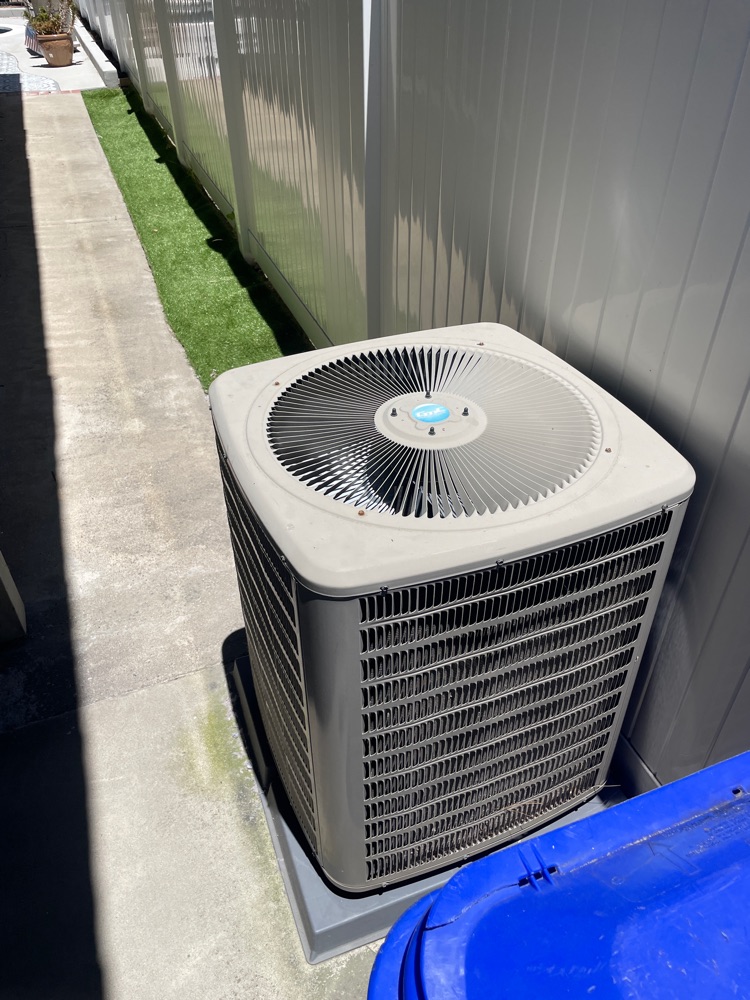If your LG freezer is not freezing, malfunction might be caused by mechanical damage, production defects, electronics breakdown, wear of some parts or improper maintenance. Unfortunately, the last one causes the majority of issues. It is never too late to implement several steps before asking for professional help. Here is what you can do right now:
- Check to see that your refrigerator is set to its optimal setting.
- LG recommends 37 degrees for the refrigerator and 0 for the freezer. Make sure the temperature is not higher.
- If additional cooling is required, start by lowering the temperature a few degrees to achieve your desired temperature.
- Make sure the cooling vents are clear and free from any obstructions.
- Poor circulation can prevent proper cooling of your LG refrigerator.
- If you see any obstructions, re-organize the items to ensure good airflow.
- Check that the doors and drawers of the refrigerator are closing properly.
- Check to see that the mullion flap is collapsed properly, ensuring a good seal for the doors.
- Make sure that the shelves and drawers are not overloaded preventing the doors from closing tightly.
- Fully push the freezer doors closed to correct any misalignments, and check for any gaps when it is closed.
What’s more, you can check if the condenser coils are not dirty. If the coils are dirty, the refrigerator will have to work harder to release the heat. The condenser coil should be cleaned once per year and can be cleaned even more if you have a lot of dust or pet hair in your kitchen. A dirty coil may affect performance, but you can easily clean it using a vacuum or long brush. Cleaning it should allow it to go back to releasing heat from inside. If cleaning is powerless to return normal functioning and your LG refrigerator still freezes improperly, call a professional maintenance assistant.






















